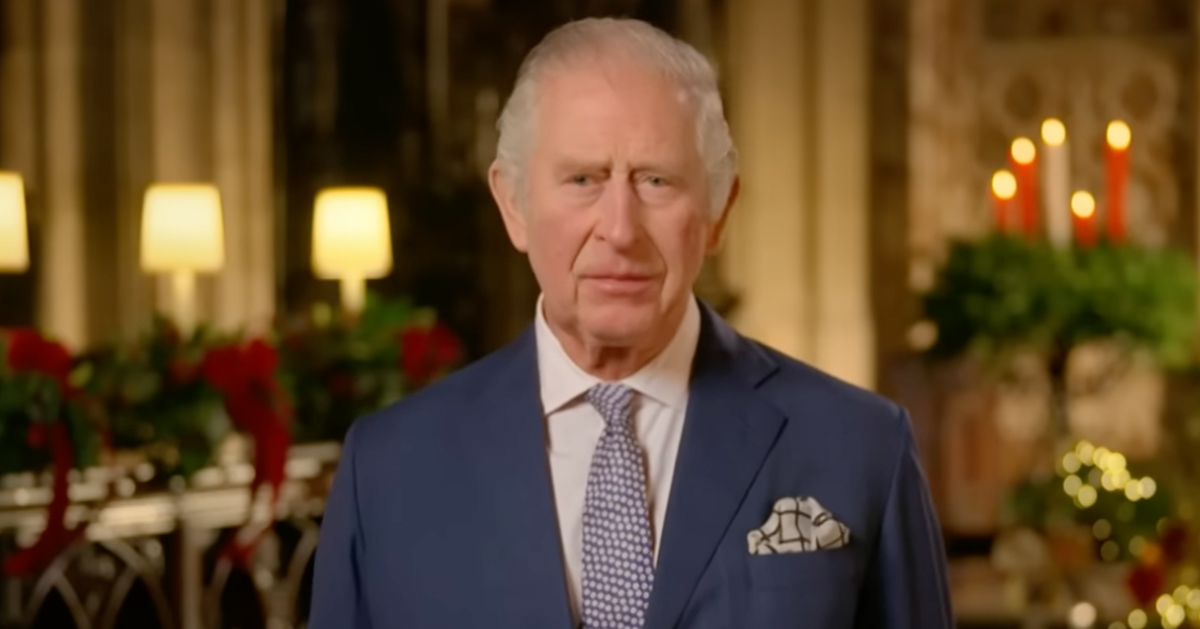Justice Ketanji Brown Jackson Criticizes Supreme Court's Trump Immunity Ruling
Justice Ketanji Brown Jackson has voiced her apprehensions regarding a recent Supreme Court ruling that grants significant immunity to a former president for official acts conducted while in office.
Jackson, who was appointed to the court by President Joe Biden in 2022, expressed her concerns during an interview with CBS News' Norah O'Donnell, and her remarks centered on the potential implications of the ruling and its impact on the principle that no individual is above the law, as Fox News reports.
The jurist's dissent highlights the potential dangers of the ruling, which she argues could lead to a situation in which the president becomes a law unto himself. The decision, handed down in July, ruled that a former president has substantial immunity from prosecution for official acts but does not extend this immunity to unofficial acts.
Jackson's Dissent Raises Fundamental Questions
Jackson authored a dissenting opinion on the ruling, where she expressed her belief that the court's decision marks a significant departure from the established principle that everyone should be treated equally under the law.
She noted her concern about a system that appears to provide immunity for one individual under specific circumstances, while the criminal justice system generally treats all individuals equally.
"The court has now declared for the first time in history that the most powerful official in the United States can (under circumstances yet to be fully determined) become a law unto himself," Jackson wrote in her dissent. This statement underscores her apprehension about the potential for abuse of power if the ruling is not carefully scrutinized and its implications fully understood.
Jackson and Other Justices Warn of Potential Risks
Jackson was not alone in her dissent. Justices Elena Kagan and Sonia Sotomayor also expressed their concerns about the ruling, arguing that it undermines the foundational principle that no one is above the law.
In their dissent, the justices presented hypothetical scenarios that illustrate the potential misuse of presidential powers that could be considered immune under the majority opinion's reasoning.
Sotomayor provided particularly stark examples, questioning whether a president could be immune from prosecution if he ordered an assassination, organized a military coup, or accepted a bribe in exchange for a pardon. These extreme scenarios were used to highlight the risks posed by the ruling and the potential consequences of granting such broad immunity to a president.
Roberts Defends the Majority Opinion
Chief Justice John Roberts, who authored the majority opinion, argued that the ruling does not place the President above the law.
Instead, he emphasized that Congress cannot criminalize the president's conduct while carrying out the responsibilities of the Executive Branch under the Constitution. Roberts maintained that the system of separated powers, as designed by the Framers, requires a strong and independent Executive, which the ruling seeks to protect.
Roberts' opinion underscores the delicate balance between maintaining a powerful Executive Branch and ensuring that no individual is beyond accountability. He argued that the decision is in line with the Constitution's original intent and does not provide carte blanche immunity to the President for all actions.
Jackson Addresses the Court's Readiness for 2024
In her interview with O'Donnell, Jackson also addressed concerns about the Supreme Court's preparedness for the upcoming 2024 election. She assured that the court is "as prepared as anyone could be" and noted that legal issues often arise from the political process.
Jackson emphasized that the Supreme Court must be ready to respond if necessary, highlighting the importance of the judiciary's role in upholding the rule of law during politically charged times.
The justice's remarks reflect a cautious optimism about the court's ability to navigate the legal challenges that may arise in the lead-up to the 2024 election. Her comments also suggest an awareness of the heightened scrutiny that the court is likely to face as it handles cases with significant political implications.
Conclusion: A Debate Over Executive Power
The recent Supreme Court ruling on presidential immunity has sparked a significant debate over the balance of power within the U.S. government. Justice Ketanji Brown Jackson's dissent raises important questions about the potential for abuse of power and the need to ensure that no one, not even the President, is above the law.
While the majority opinion, authored by Chief Justice Roberts, defends the ruling as a necessary protection of the Executive Branch, the dissenting justices warn of the risks posed by granting such broad immunity.
As the 2024 election approaches, the Supreme Court's role in interpreting and upholding the Constitution will be more critical than ever.





